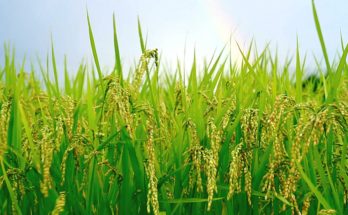On Wednesday, the Kenyan government in partnership with six underwriters in the Crop insurance programme (CIP) released Sh117.5 million in compensation to 25,000 smallholder farmers in 28 countries for climate-related crop losses.
The programme is aimed at revolutionizing how Kenyans practice farming. It involves local underwriters such as APA, Amaco, Jubilee, Geminia, Kenya Orient and CIC Group with international backing from Swiss Re.
According to Agriculture Cabinet Secretary Peter Munya, CIP is a serious endeavour where a farmer should be able to borrow money to fund their farming activities without fear of their properties being seized when their crops do badly.
APA chief executive Ashok Shah said the payments are proof that insuring crops and livestock made commercial sense as farmers and pastoralists were able to concentrate on their activities as well as invest heavily without fear of suffering irreparable losses.
World Bank report shows that agriculture contributes around 30 percent to Kenya’s Gross Domestic Product (GDP), with six out of 10 Kenyans depending on farming, livestock and fisheries.
In Kenya, over 75 percent of the country’s farmers are smallholders and highly vulnerable to climate variations and other shocks. These shocks can have a significant impact on rural development and growth, as each shock means lost assets, lower revenues and lost jobs.
As a result, the country shows immense potential for companies offering agricultural coverage. CIP began in 2016 to create a safety net for farmers taking up insurance for farmland of between a half-acre to 20- acres. It was created to carry out the government initiative to provide insurance for farmers’ produce, which means that farmers would receive compensation for crops, even if they were not sustained that year.
CIP is modelled on the Area Yield Index Insurance (AYII) mechanism piloted and by 2019, has attracted 409,000 smallholder farmers in 27 counties insuring their crops against a loss risk of Sh2 billion.
So far, pastoralists who insured their animals have also received Sh700 million for animals killed by drought, while another 37,500 farmers received Sh217 million for crop loss.














